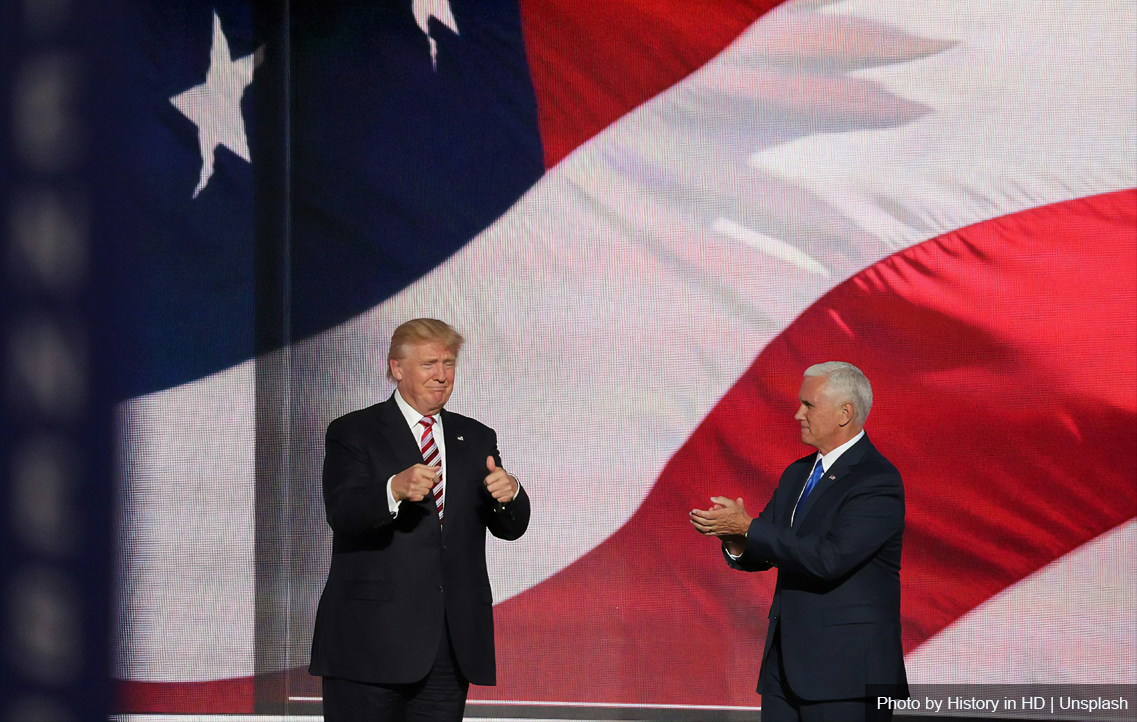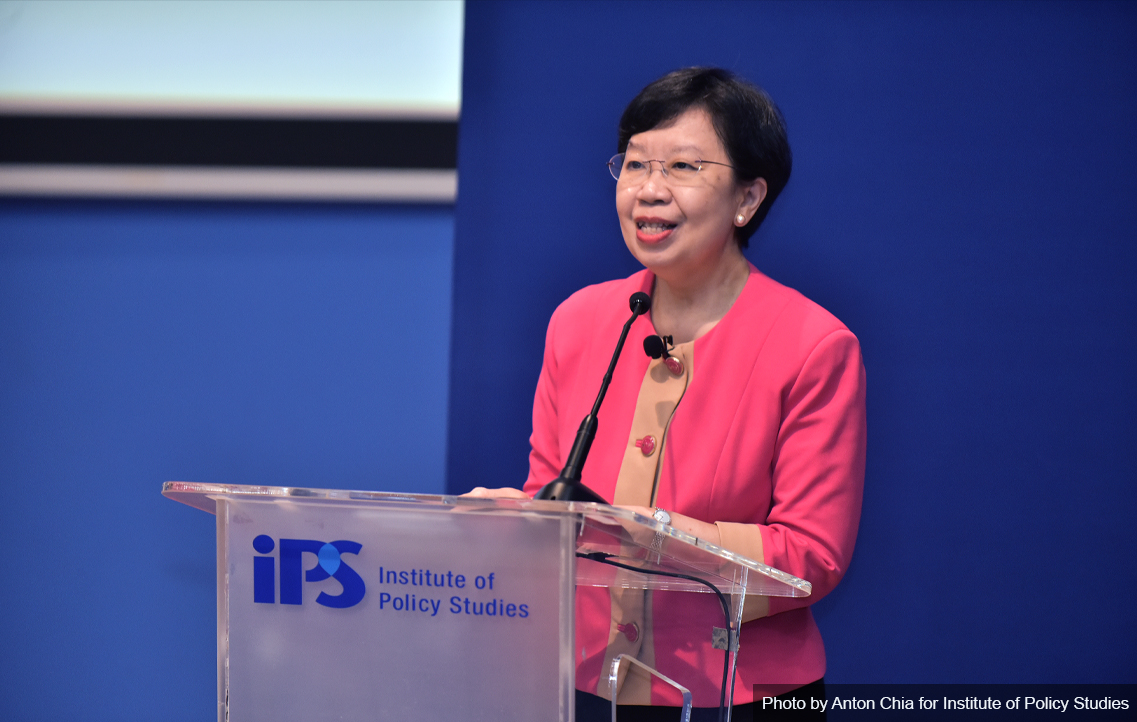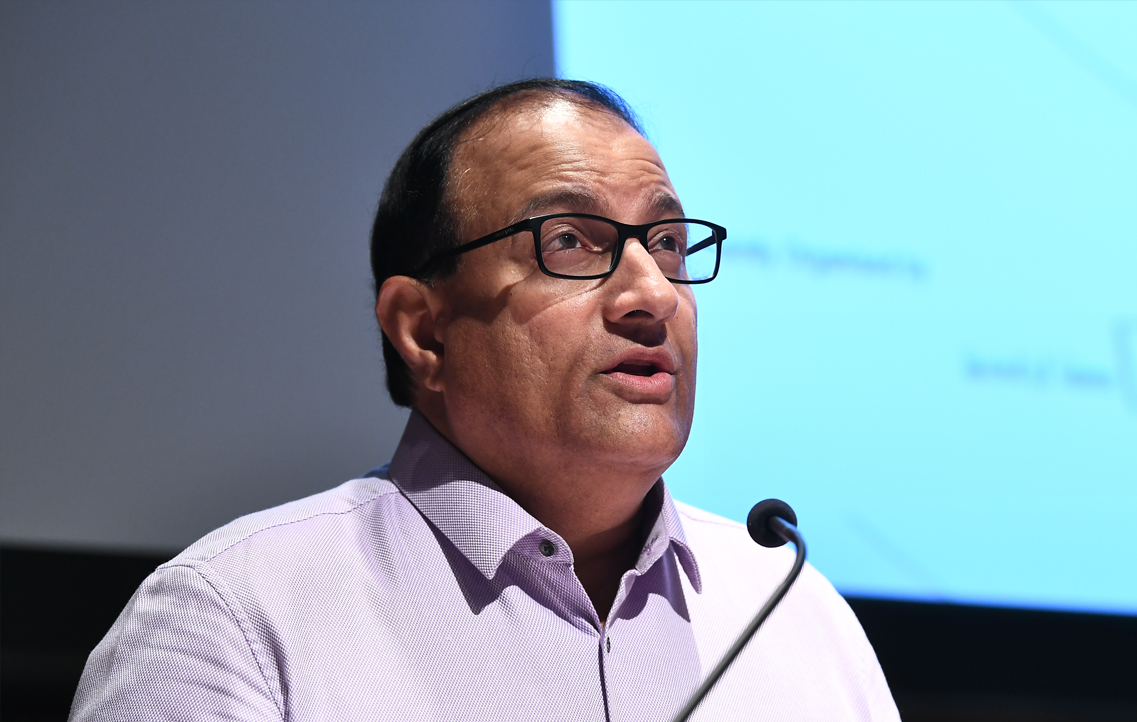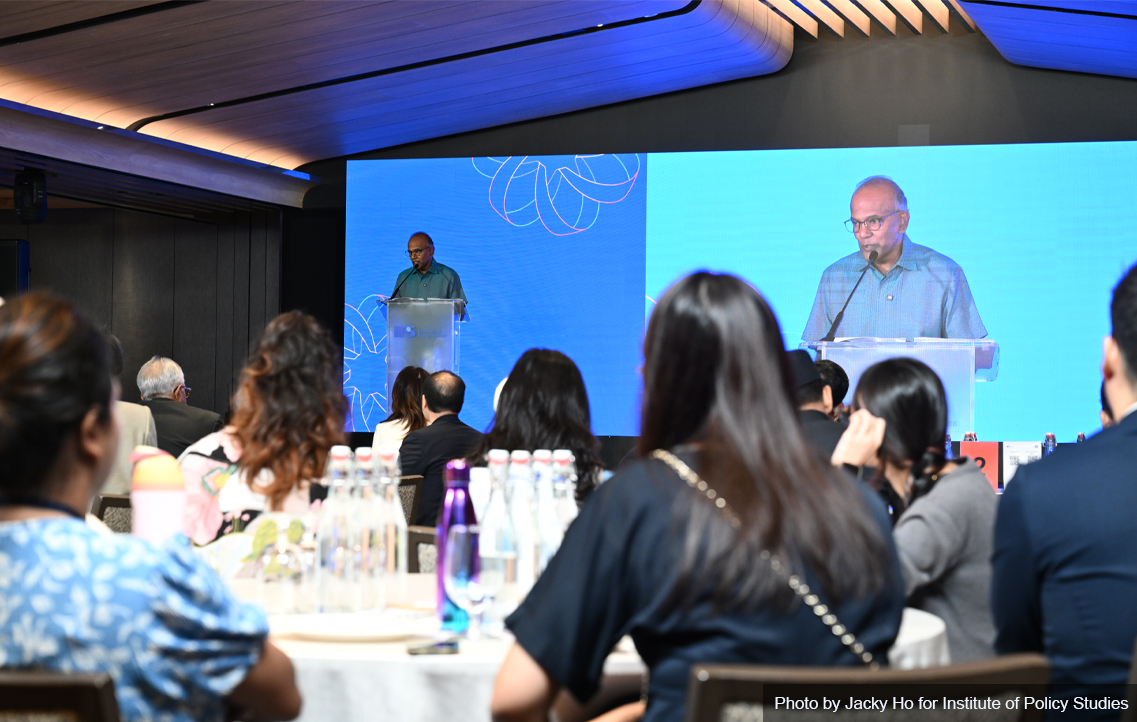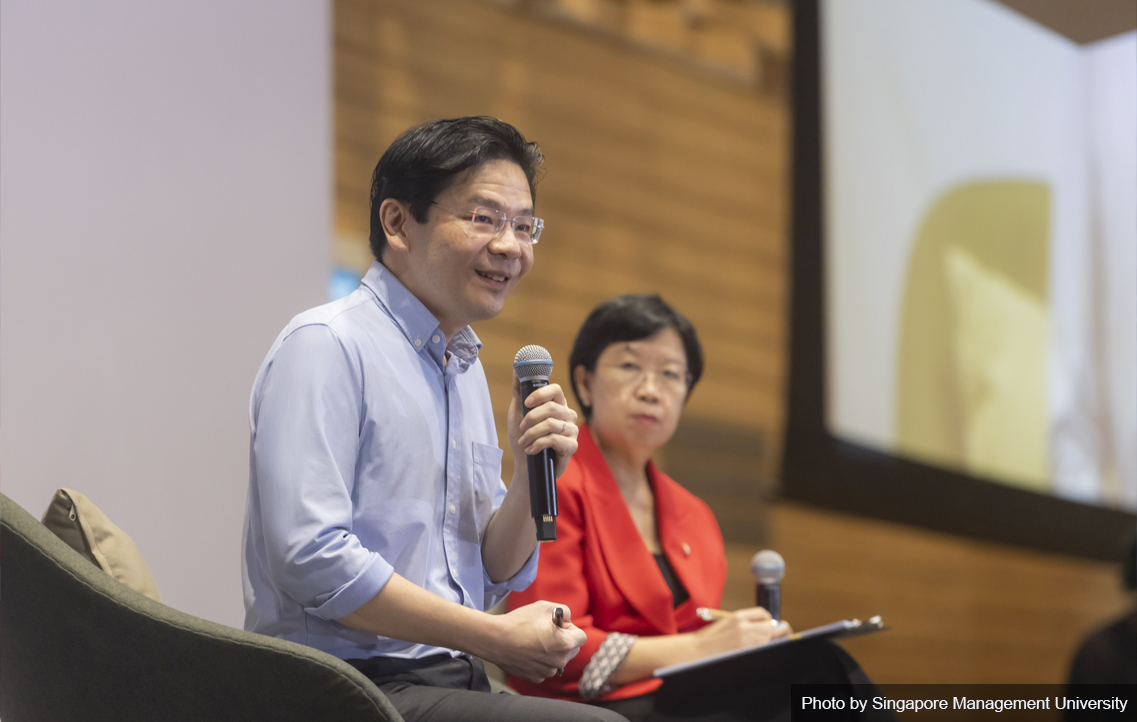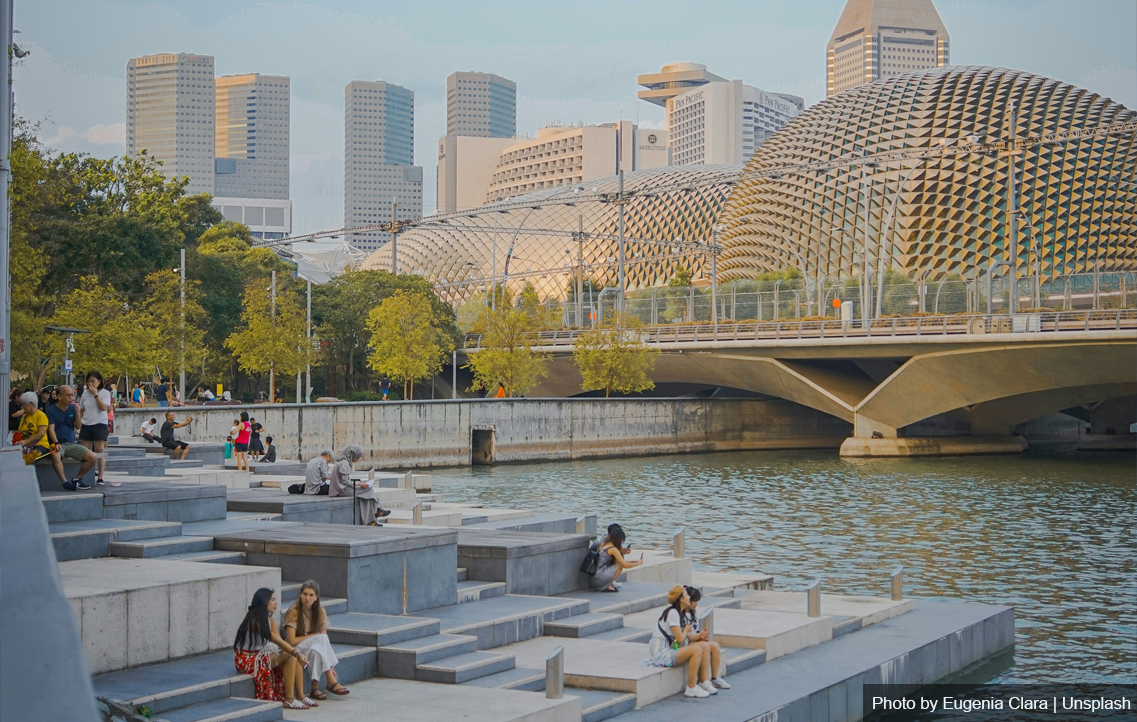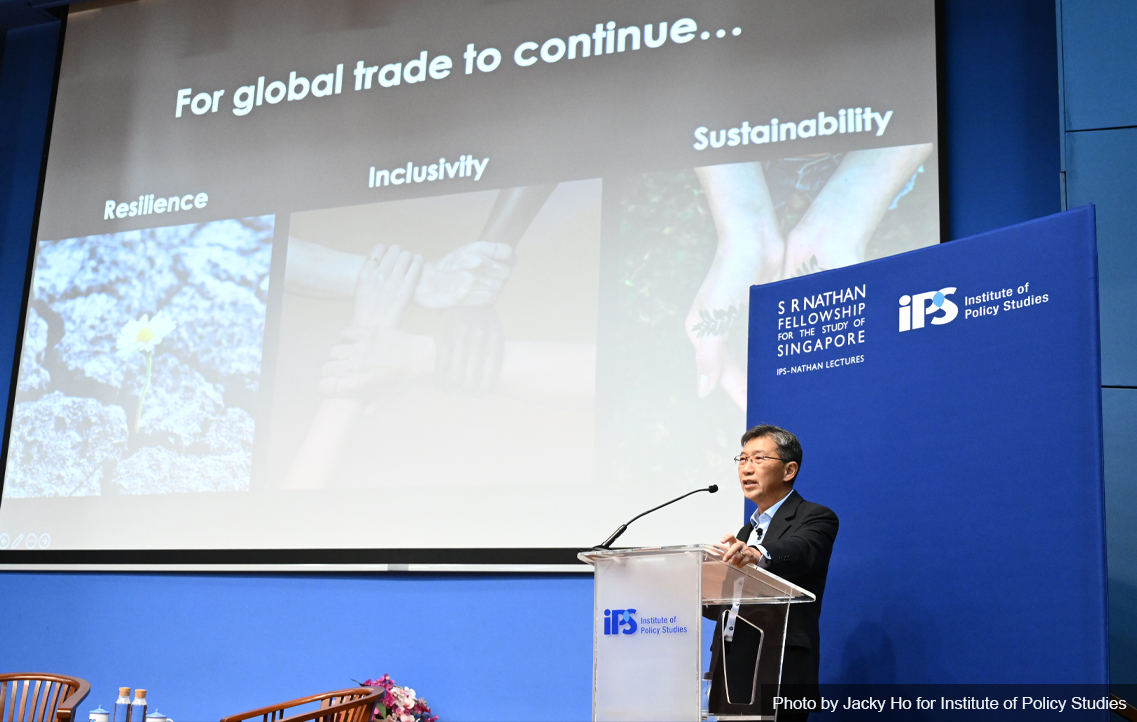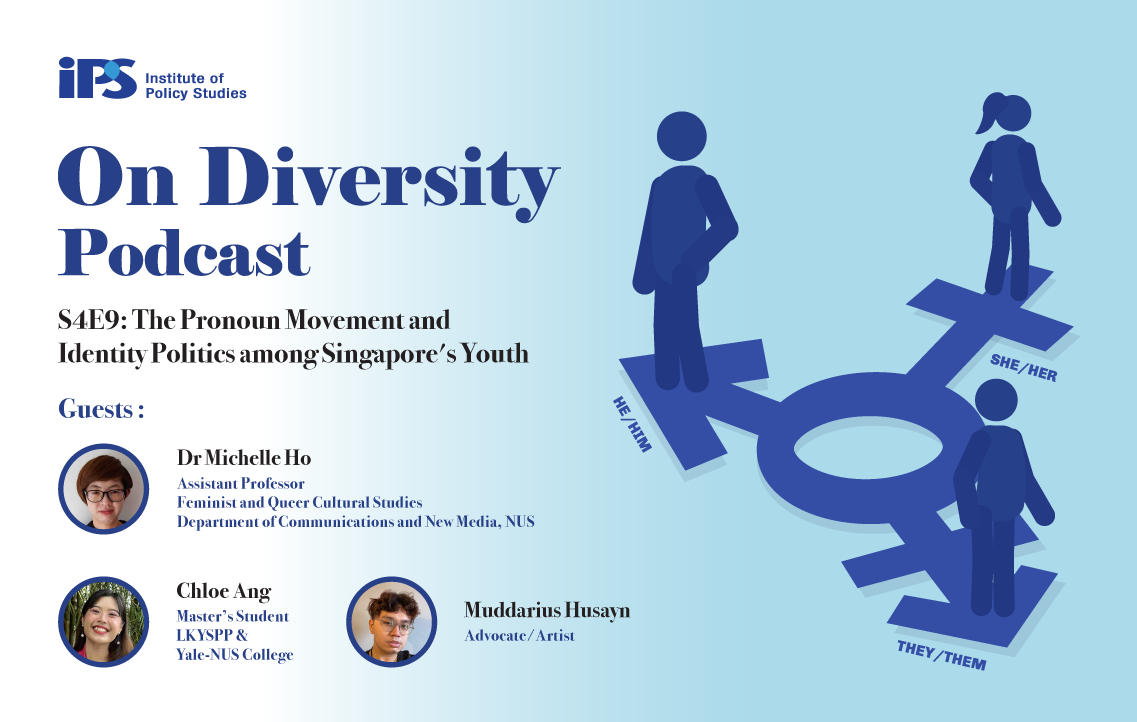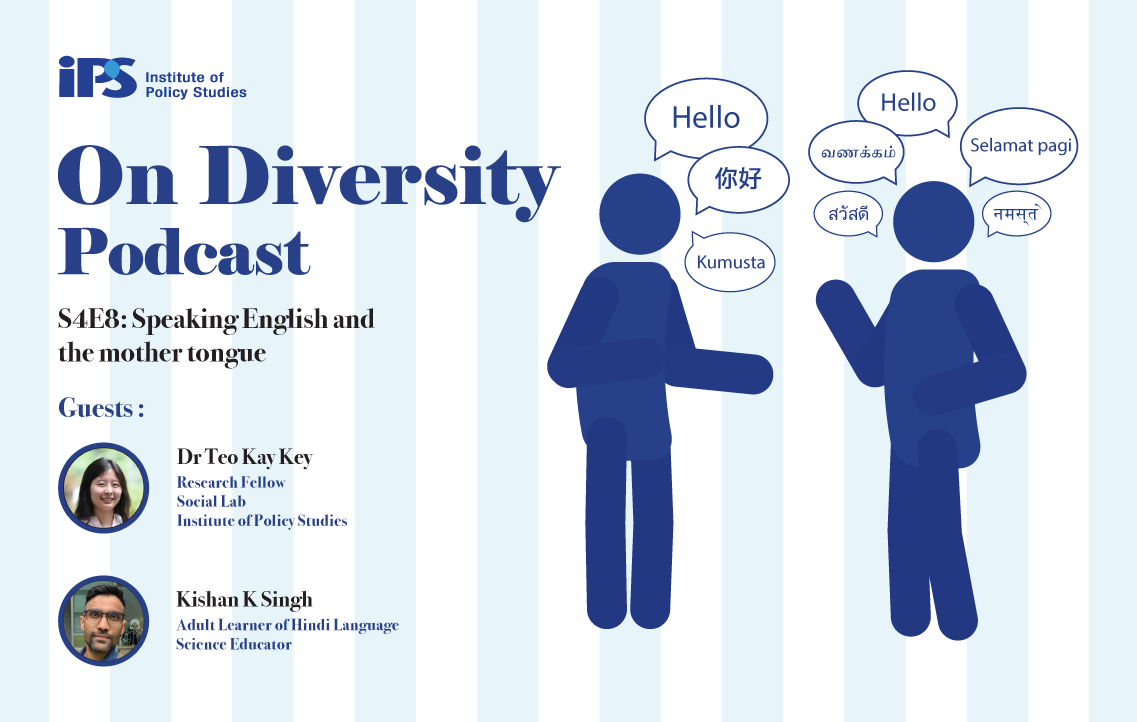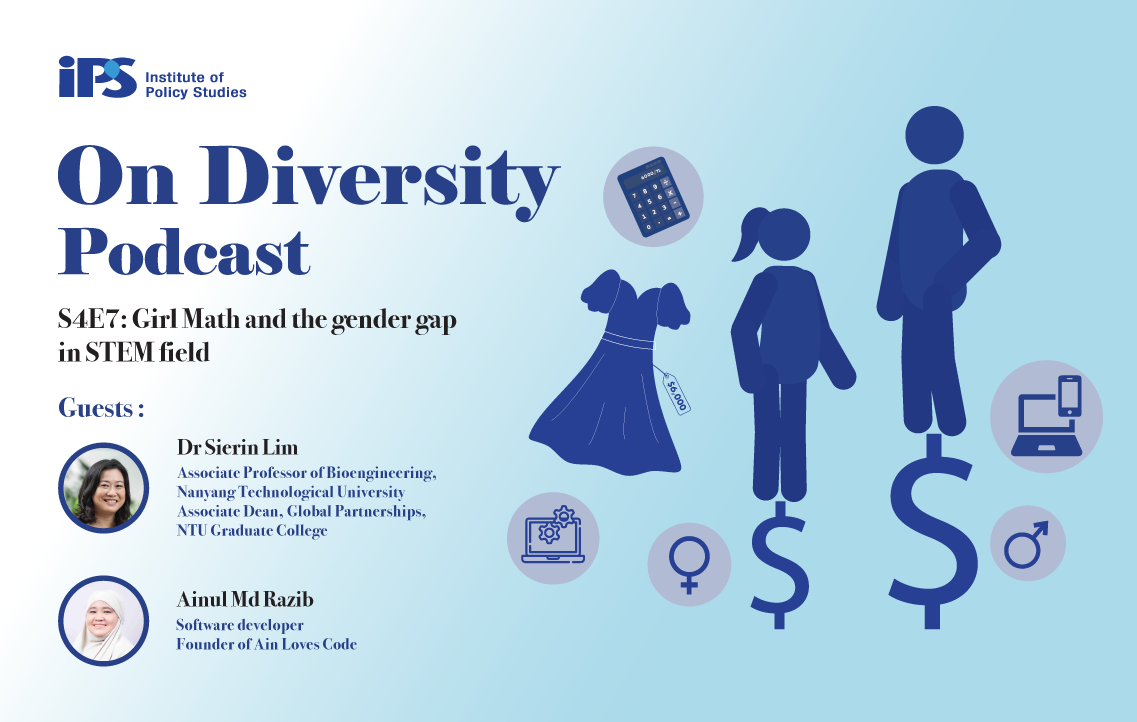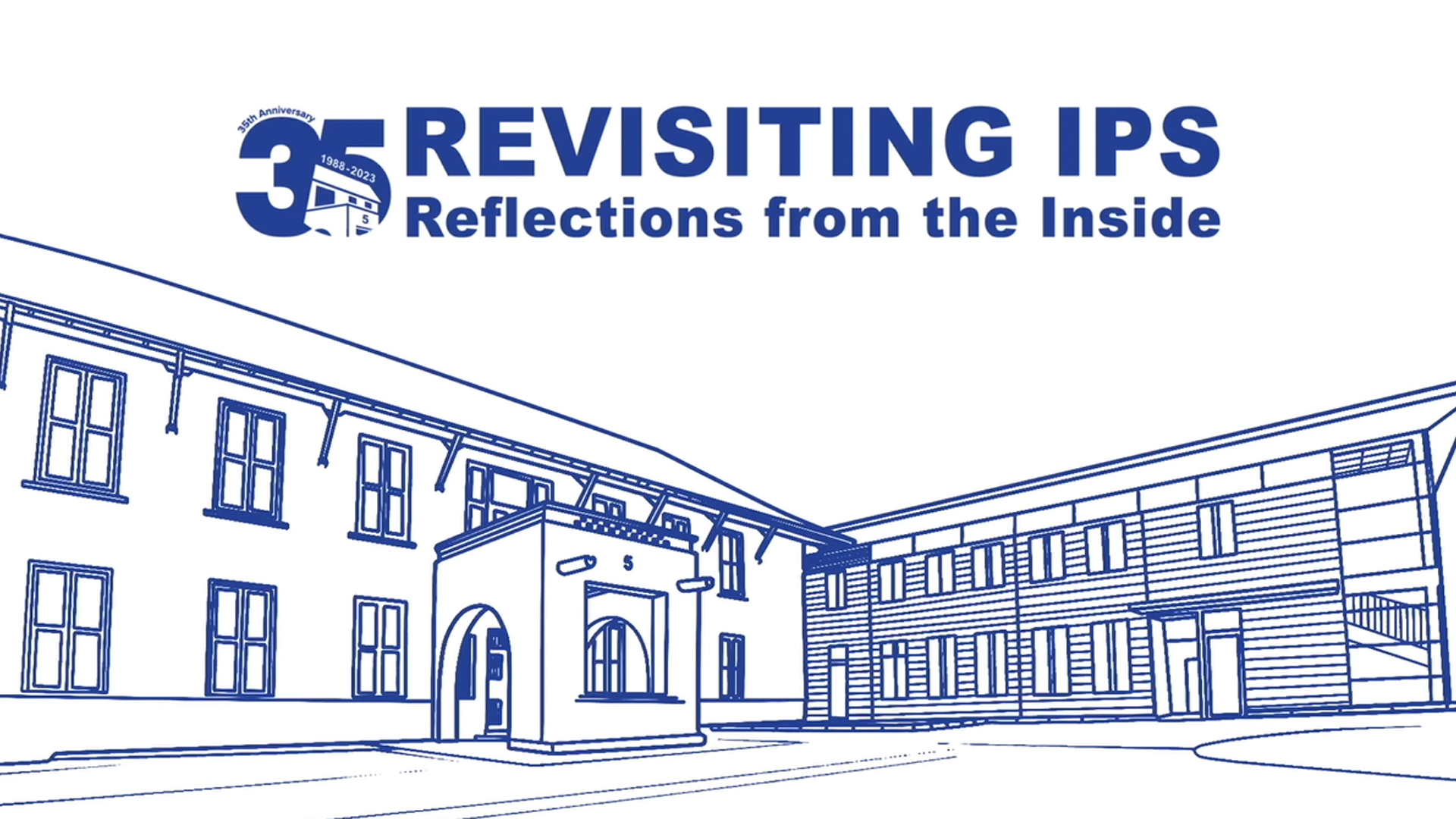Three factors that will determine this are citizens’ faith in the legal process, the PAP credibility in upholding its standards of probity, and the continued efficacy of the national integrity system Singapore and its people are defined by . . . . . Former Transport Minister S. Iswaran was sentenced to a year’s jail on […]
Highlights
Articles

Write for IPS Commons
IPS Commons was launched in 2012. It is a platform to promote and showcase rational discussion of public policy ideas in Singapore, so as to expand the intellectual space and increase the quality of public engagement on national issues. IPS Commons is managed by the Institute of Policy Studies (IPS), an autonomous think-tank at the Lee Kuan Yew School of Public Policy, National University of Singapore.


